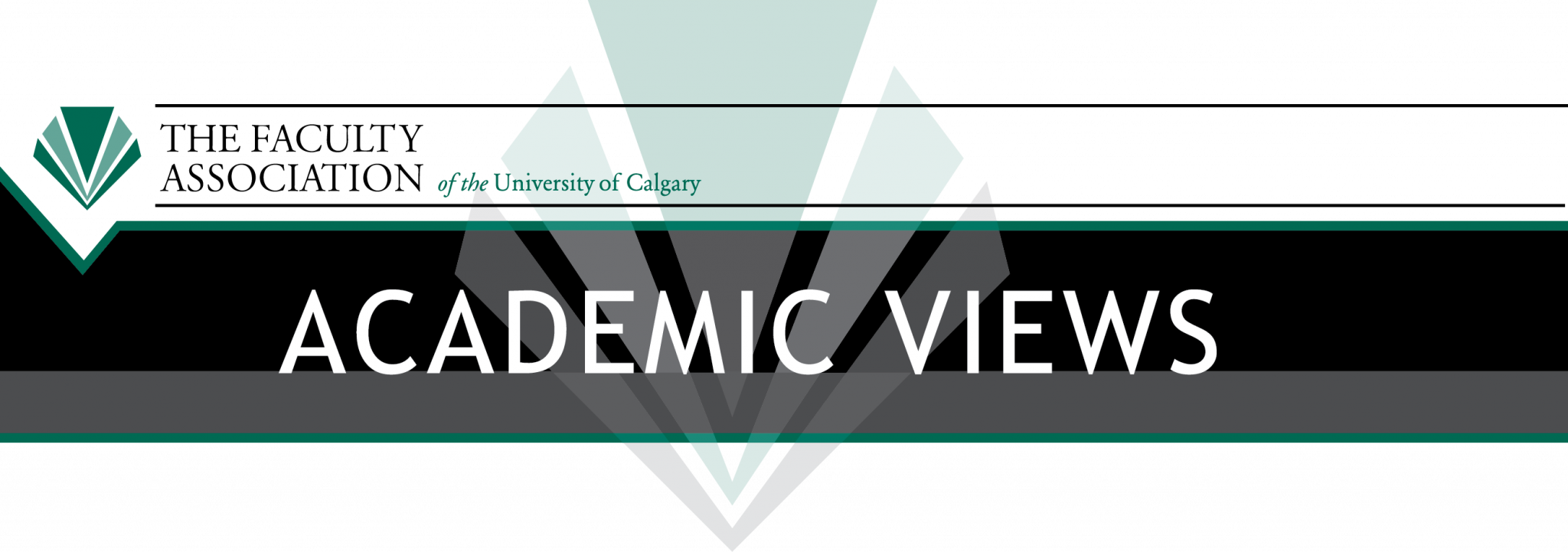
As reported in the Academic Views in June, the Association filed two policy grievances on sessional issues. The first grievance is related to Winter 2020 Sessional instructors; the second is related to Spring/Summer 2020 sessional instructors. In both grievances, the Association argues that sessional instructors are given a contract that specifies the workload, establishes a half-course equivalent for that work, and then provides payment for the specific work done. While ongoing members had some options available to reorganize their workload to accommodate the additional workload of remote instruction, sessional members do not have such flexibility. As many sessional instructors teach part-time and have other jobs in addition to teaching, their increased duties had to be balanced against other work opportunities in addition to the added pressures at home. In moving to remote instruction, the amount of work increased and there was no adjustment of compensation or allowing for the contracts to be renegotiated with the sessional instructors.
The first stage of these grievances (Winter 2020 sessionals and Spring/Summer 2020 sessionals) was heard by the Deputy Provost. She has denied the grievances stating the Administration is free to direct that courses be delivered remotely or in person, that there is no evidence that there was any increase in workload as a result of the move to remote course delivery, and noted that all academic staff were provided with additional resources to support the transition to remote delivery. The Association elevated the grievances to the level of Provost and has now met with the Provost on these two grievances. At this time, the Association is waiting for the Provost to decide on these grievances and we will update you in due course.
The response from the Deputy Provost was very disappointing, did not reflect what we had been hearing from Association members and seems to ignore the unique challenges that sessional instructors have experienced during the pandemic. Consequently, the Faculty Association asked sessional instructors to share their stories with us. As a result, we heard from sessional and ongoing academic staff about how the transition impacted their workload.
While other Universities had a transition period to teaching remotely, the move to remote instruction happened almost overnight at the University of Calgary. Likewise, the Administration appears to view remote instruction as different from online instruction, implying that in-person instruction can be transitioned to remote instruction with relative ease. However, it’s clear from the responses that we got, that many members felt that they needed to invest significant effort to rework their course materials for the transition.
For many, the pandemic means greater financial strain as other forms of employment disappeared or the additional teaching workload competed with other jobs. As of July 2020, sessionals earn as little as $6,338 per half course equivalent and can claim up to $175 in professional expenses per half course equivalent (HCE). With the move to remote instruction, came the need for many to invest in new equipment to facilitate online instruction and $175 does not go very far.
A common theme among the responses that we received was a concern for students’ well-being. With students participating across time zones, there was a need to respond to students at all hours of the day whether by emails or office hours. What we heard from many of you was that not only did the time to complete work increase, but the nature of the workload changed in unexpected ways that made it more stressful and difficult to complete. In some cases, our sessional members shared stories where students were facing extreme home situations and they needed to find ways to accommodate the needs of these students at the expense of their own time and energy.
